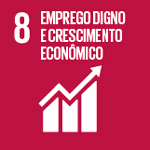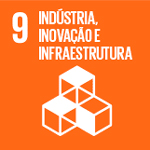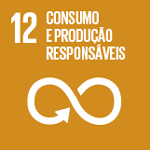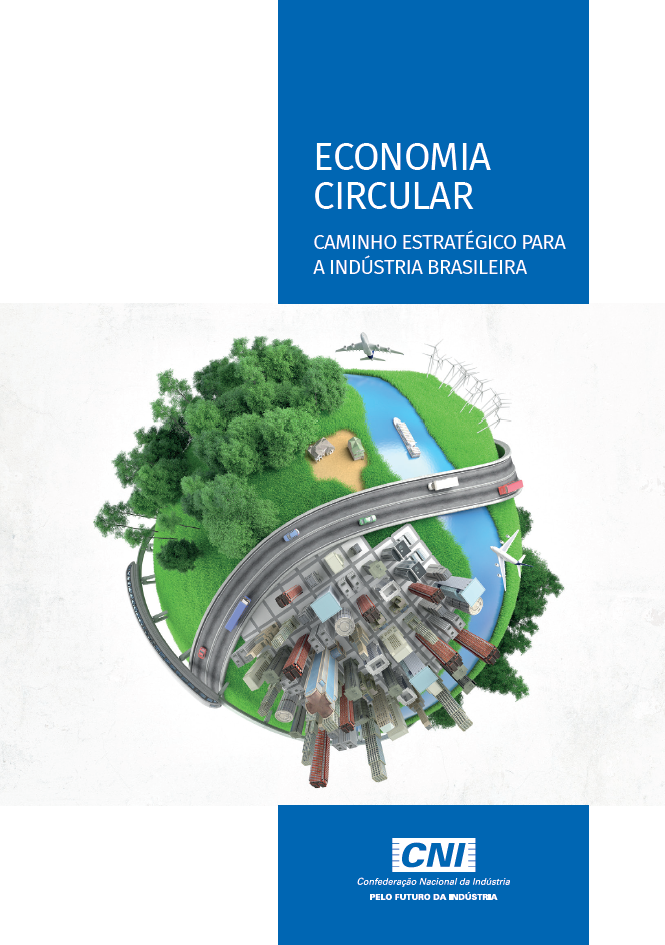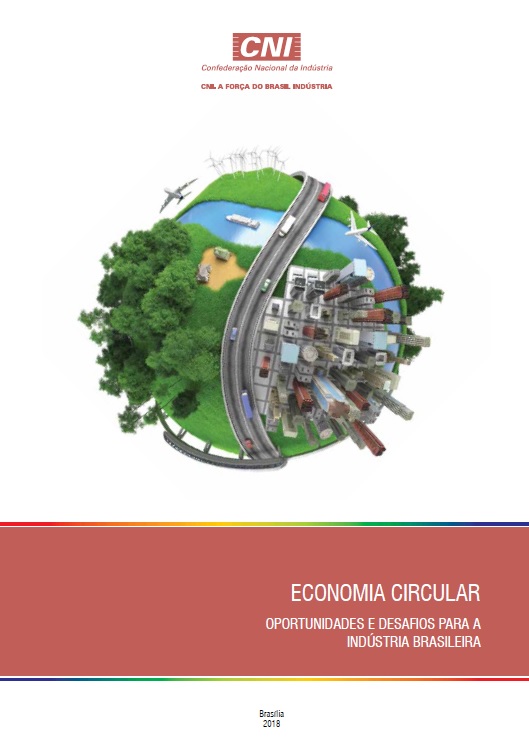CIRCULAR ECONOMY
Adding value to natural resources and delivering them to society is one of the main purposes of the industry
The circular economy associates economic development with better use of natural resources, through new business opportunities and optimization in the manufacture of products. The goal is to use natural resources strategically, with attention to the circular flow of resources, adding, retaining, and regenerating their values. This set of activities contributes to sustainable development.
The circular economy concept emerges as a counterpoint to the linear economic model, which is reaching its limits. The approach includes minimizing the extraction and use of natural resources, considering the risk of scarcity, the efficiency of processes, and the functionality of products. It also takes into account the recovery of natural resources, making the most of their value, and the appropriate disposal of waste, when it cannot be recovered.
For companies, this is not only an opportunity to reduce costs and production losses, but also to create new sources of revenue, for example, by encouraging the introduction of recovered raw materials in production processes, developing new links in the production chain, and achieving competitiveness gains.
A survey conducted by CNI in 2019 shows that 76.5% of industries develop some circular economy initiative. Among the main practices listed by respondents are: process optimization (56.5%); use of circular inputs (37.1%); and resource recovery (24.1%).
The survey also showed that 88.2% of respondents considered the circular economy as important or very important for the Brazilian industry. The issue goes far beyond the search for efficiency.
Key messages
The focus of the international debate should be on the transition approach to the circular economy, including in the process those organizations that are on the path but still at an early stage, and taking into account the regional specificities of countries. This is not a binary decision on what is or is not circular.
It is strategic for the industry to take advantage of business opportunities related to circular economy practices so as to develop new links in its production chain. The better use of natural resources and the reuse of waste as resources by the productive sector have the potential to generate new businesses and more jobs.
Cooperation between governments, companies, and consumers is critical in the transition to a circular economy. According to a survey conducted by CNI in 2019, most of the Brazilian industrial entrepreneurs believes that this partnership should be promoted and the responsibility should be shared.
Videos
CNI is the main organization representing Brazilian industry. Its challenge is to increase the competitiveness of Brazilian industry by influencing the policy environment. To this end, it engages in policy dialogue with Congress, the federal government and the judiciary.

Customer Service
(61) 3317 9989
(61) 3317 9992
CNI - Headquarters Brasilia
SBN - Quadra 1 - Bloco C
Ed. Roberto Simonsen
Brasília - DF CEP 70040-903
(61) 3317 9000
(61) 3317 9994 (Fax)
São Paulo Office
Surubim street, 504 - Brooklin Novo
São Paulo - SP CEP 04571-050
CNI - Phone. (+55 11) 3040 3860
IEL - Phone. (+55 11) 3040 3370


